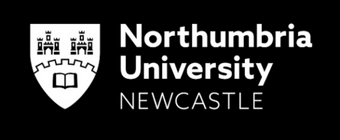Biochemistry provides a foundation to our understanding of all cellular life. By combining aspects of biology and chemistry, this course studies modern biochemistry at the molecular level, to enable students to understand the biological processes that influence all living organisms.
- The Biochemistry degree offered here at Northumbria University provides a foundation to our understanding of all cellular life.
- As a Biochemistry graduate, you will leave Northumbria University with the skills to prepare you for a future of life-long learning and a choice of careers, across a variety of scientific discipline areas including:
- The chemical and pharmaceutical industries
- Food and nutrition industries
- Healthcare industry
- Research and academia
- The placement option on the course, which takes place between the second and final years, has allowed our students to work alongside industry leaders such as GlaxoSmithKline (GSK) and Proctor & Gamble.














